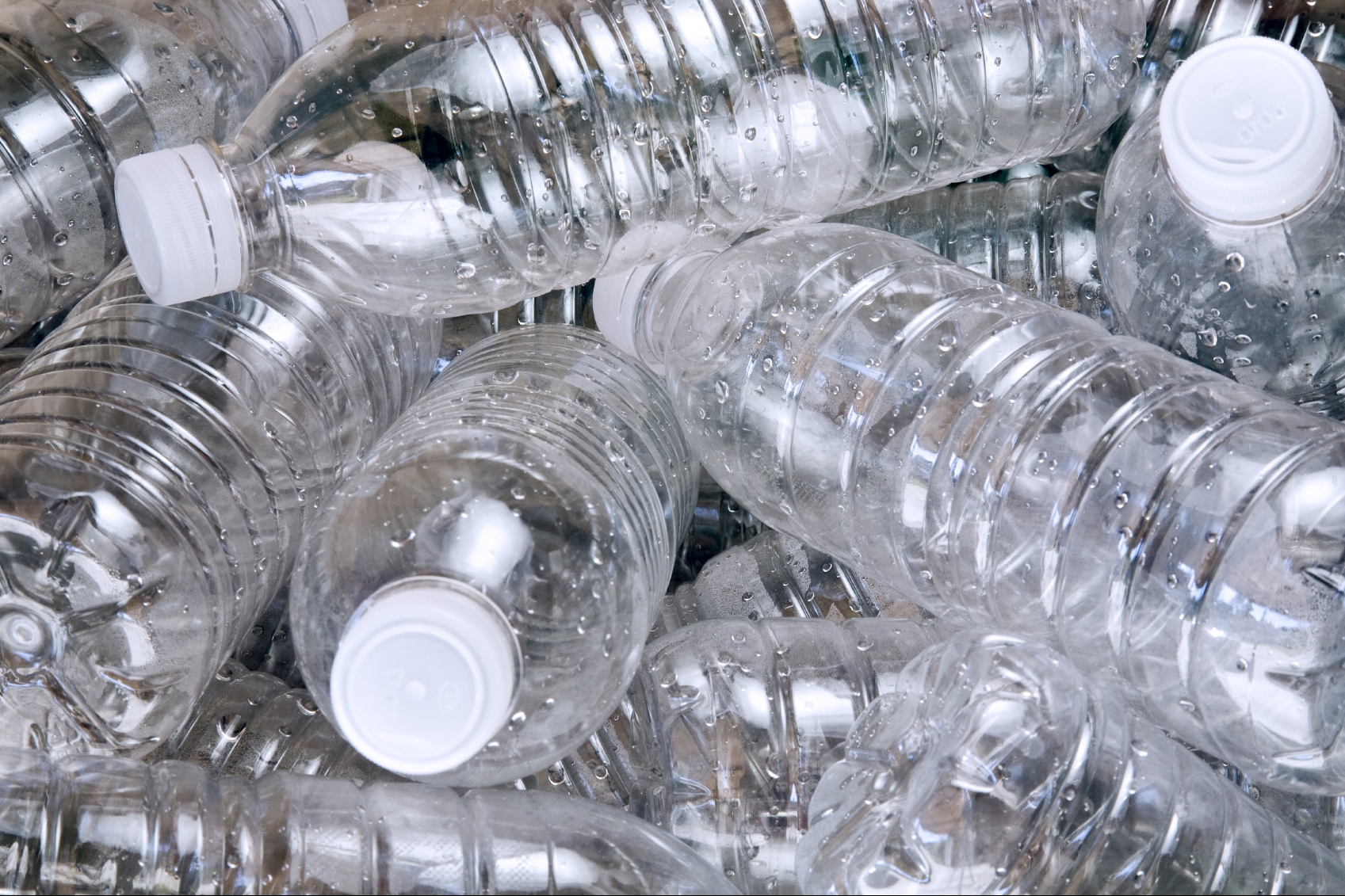Samantha Lund
News Editor
Four years ago, Associated Students of Pacific Lutheran University passed a initiative to stop the sale of bottled water on campus.
Senate Resolution 6 for the ban of sale of bottled water passed Feb. 8, 2011. The resolution called for all markets campus wide to stop selling bottled water to encourage environmental awareness.
Students going into Old Main Market today can purchase Propel’s unflavored electrolyte water.
Propel’s electrolyte water is one of the newest editions to OMM. The bottled water was brought to the market in Jan. 2015 from Pepsico, the drink provider of PLU.
The bottled water that Pepsico sells is Aquafina purified water. None of the markets on campus sell Aquafina.
Flavored waters have been sold through the markets on campus with or without Resolution 6. Propel flavored waters were not banned with bottled water in 2011.
Propel unflavored electrolyte water joined the flavored waters this year.
Electrolytes are minerals that carry charged ions through the blood and help the brain and muscles function.
The human body needs electrolytes to function and electrolyte water is a popular way to replenish those minerals.
The ingredients in Propel unflavored water with electrolytes are purified water, sodium bicarbonate, magnesium sulfate and potassium bicarbonate.
Electrolyte water has more ingredients than regular, purified water. PLU students have been drinking flavored water and enhanced water even with the bottled water ban.
The markets cater to what students want and buy, Retail Operations Manager, Tom Harvey said.
PLU students buy more Gatorade than anything, Harvey said. The amount of Gatorade sold at PLU is comparable to grocery stores and the markets try and cater to the buying trends that students set.
“If it is something that students would like to ban, I can certainly go along with that,” Harvey Said. “It really is a gray area.”
Harvey began working at PLU in 2012, after the resolution was passed. When he came in, there was flavored water and he noticed the gray area but continued to cater to what students were buying.
“The way Pepsi presented it to us was that it has the same amount of electrolytes that can be found in Gatorade, and we sell a lot of Gatorade,” Harvey said. “That aside though, what is important is the benefits of electrolytes.”
Bottled water was banned to prevent plastic waste, according to the resolution. There are more than 47 million gallons of oil in the production of plastic bottles each year, and 86 percent of the bottles end up in landfills each year, according to Resolution 6.
The initiative aimed to reduce waste from water bottles, however, markets continue to sell soda, Gatorade, juice and milk in similar plastic bottles.
Water bottles were specifically chosen because the PLU campus can be outfitted with water fountains as an alternative for bottles.
There are ways students can be sustainable when they buy sodas and coffee from OMM, Harvey said. There are soda fountains and discounts for students who bring their own mugs for coffee.
Harvey attempts to make sustainable, healthy options, but students spending habits also affect how the market is stocked.
To make changes in the market, students need to speak out about what they want or watch what they are buying because that directly affects what is provided, Harvey said.
“We’re here to support the students and if we feel like it violates the intent, we have no problem taking it out,” Harvey said.
The ban on bottles is specific to pure water, sophomore and At-Large Senator Ashley Connors said.
“It’s annoying because we’ve banned bottled water,” Connors said. “You might have added something to it, but it is still water.”
ASPLU is not looking into making more resolutions regarding bottles on campus. As a sustainability office representative, Connors said students should use reusable water bottles instead of any plastic bottles.
“Money-wise, you’d save a lot of money getting a PLU water bottle,” Connors said. “The [sustainability] office would love to see people using regular bottles more often.”
Students are encouraged to speak out on their feelings about the Propel water bottles or any products around campus.
All bottles can and should be recycled, Harvey said.
“If you look in the garbage cans now, you will find things that don’t belong,” Harvey said. “Being sustainable is important.”



















